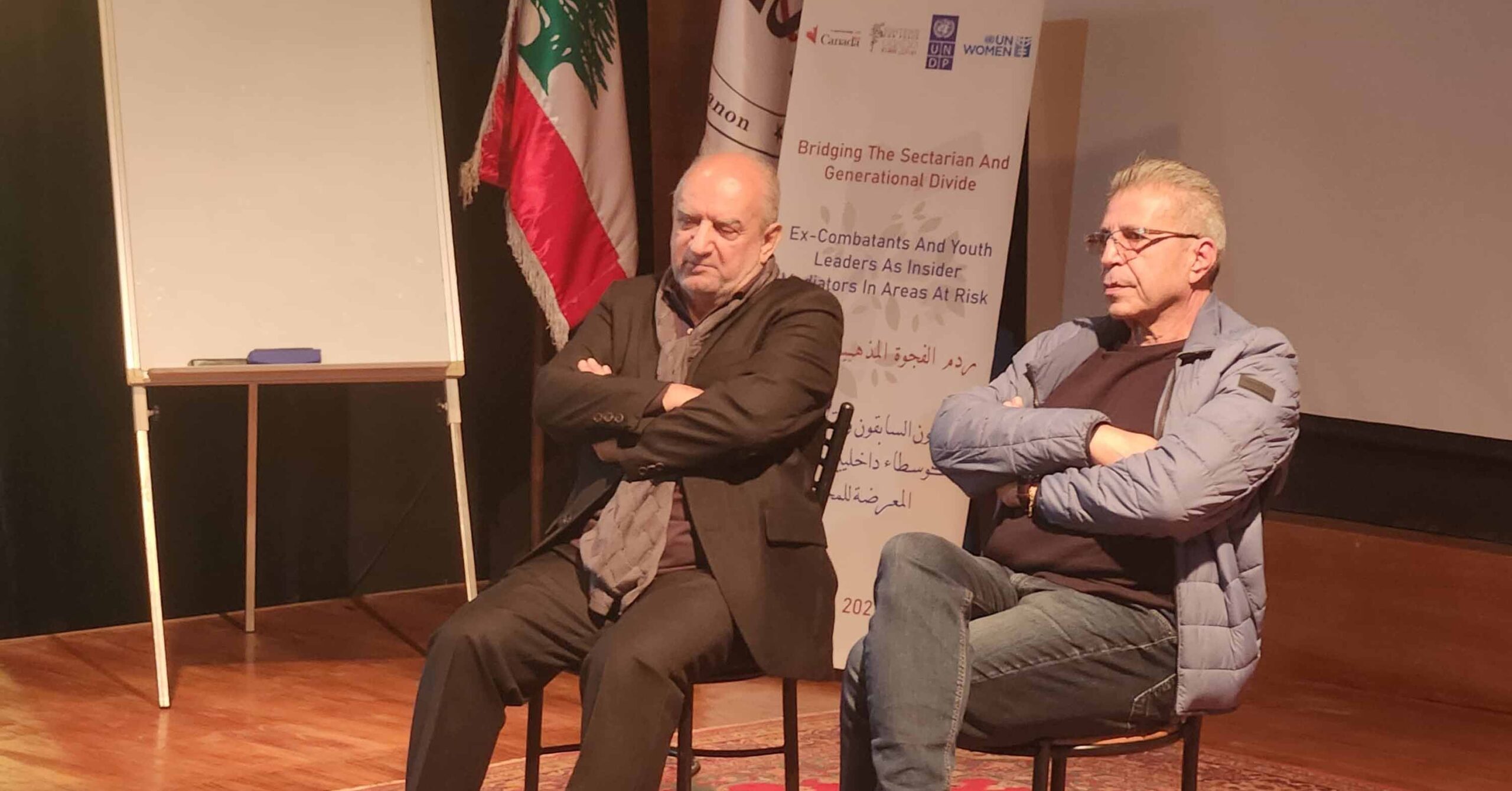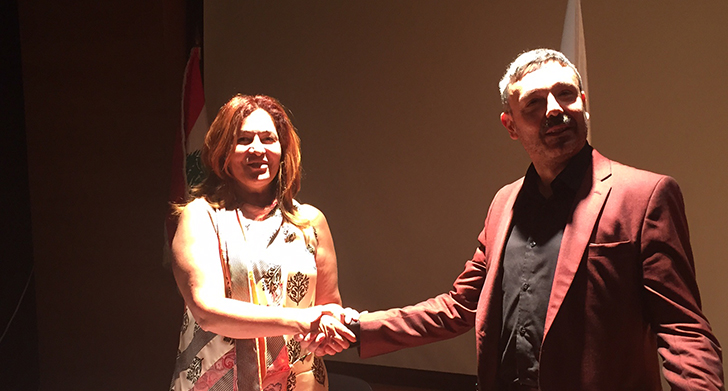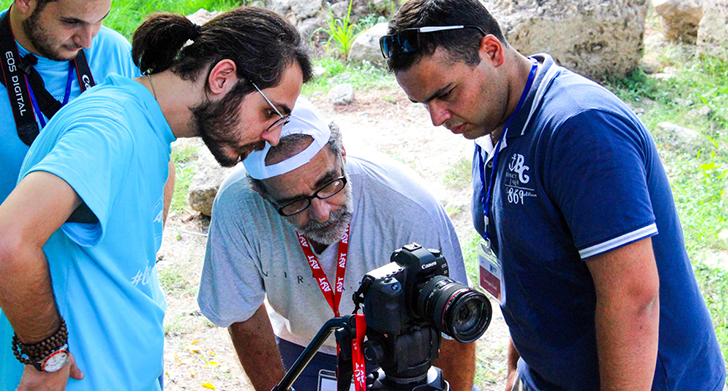On Monday, November 25, AUT’s Pastoral Club organized an impactful workshop aimed at fostering a deeper understanding of the human cost of conflict and the importance of peacebuilding. This event brought together students from various faculties and members of other university clubs in a unique and interactive setting.
The workshop featured two veteran speakers who had once fought on opposite sides during the Lebanese Civil War of 1975. Through their personal testimonies, they shared how their experiences led them to a common conclusion: war and violence result in loss for all, leaving no true winners. Their stories emphasized the importance of learning from the past to pave the way for a more peaceful future.
The Interactive Game: A Simulation of Conflict
At the heart of the workshop was a dynamic and thought-provoking game designed to immerse participants in the complexities of conflict. Students were divided into two groups, each wearing identical vests and replacing their names with letters and numbers. Guided by facilitators dressed entirely in white, the participants faced scenarios filled with arbitrary rules, incomprehensible orders, and rewards for unjust actions.
As the game unfolded, the situations escalated into confrontations, mirroring the chaos and manipulation inherent in real-life conflicts. The exercise highlighted the psychological toll of war, pushing participants to confront difficult choices and recognize how individuals are often coerced into following the masses.
A Lesson in Citizenship
This interactive experience served as a powerful reminder of the role of education in fostering critical thinking and empathy. By placing participants in the shoes of the manipulated, the workshop encouraged them to question authority, challenge injustice, and advocate for peace.
AUT’s commitment to promoting active citizenship and social responsibility was evident throughout the event. The university’s emphasis on such initiatives reflects its belief that education extends beyond the classroom, preparing students to become thoughtful and engaged members of society.
The Key Takeaway
The workshop concluded with the veterans’ reflections, underscoring the futility of war and the universal need for reconciliation. Their message was clear: only by understanding the past can we prevent future conflicts and work towards a world where peace prevails.
This impactful event not only brought students together but also inspired them to think critically about their role in shaping a better future. It was a poignant reminder that building a peaceful world starts with understanding, empathy, and education.





